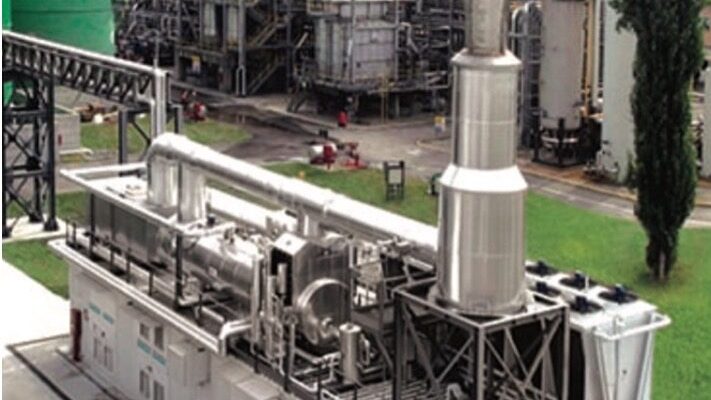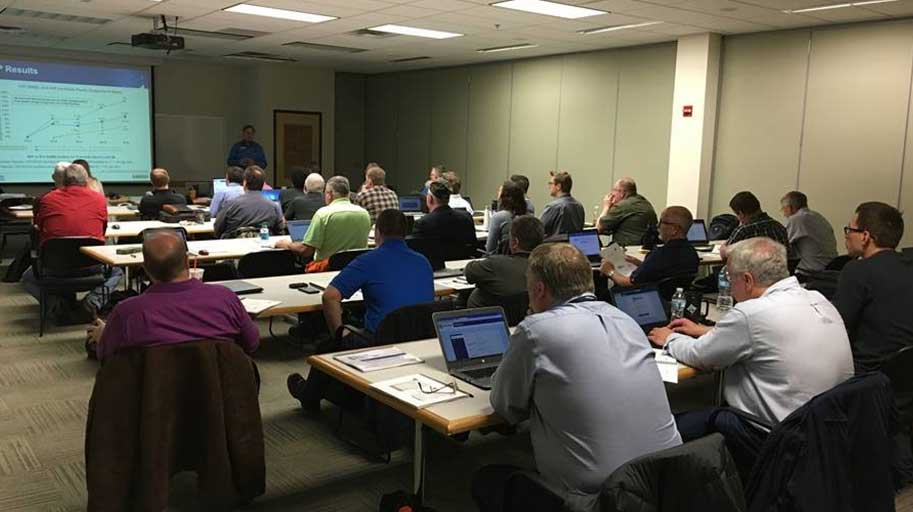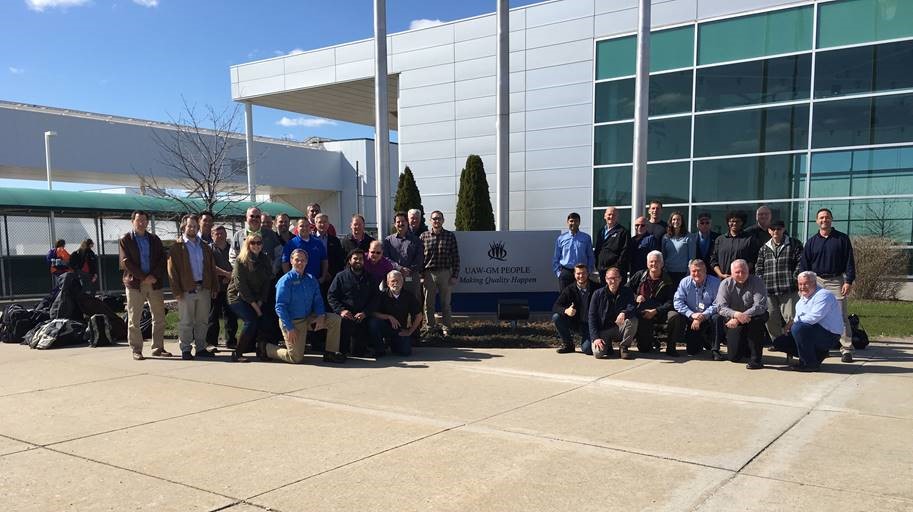Virtual Trainings offered by the U.S. Department of Energy’s Better Plants program are the online version of the multi-day workshops known as In-Plant Trainings (INPLTs). As with in-person training, the VTs will help attendees identify energy efficiency and decarbonization opportunities, quantify savings from those opportunities, and implement projects to realize the savings.
These workshops also ensure attendees are familiar with working principles, and best practices, and have the capability to analyze the energy performance of industrial systems. As of 2024, DOE has hosted over 200 INPLTs with about 2,800 participants, helping to identify more than $65 million in energy cost savings opportunities. More than 1,600 people have attended the VT sessions, and over $11M energy savings opportunities have been identified.
The Better Plants program will deliver a Virtual Training on Combined Heat and Power (CHP) Systems Dec 5, 10, 12, and 17 2024. The CHP VTs will be performed by industrial experts using Zoom. The CHP VT comprises Four (4) 2.5 -hour online training sessions (2-hours formal training and optional 0.5-hour Q&A). Participating in this VT is free and open to all U.S. manufacturers.
Participants will be trained on the fundamentals of CHP systems, CHP project screening, implementation, carbon project accounting, and integration with utility grids. Software tools and other resources will be introduced, and case studies for some industrial sectors will be discussed from the perspectives of project cost, energy savings, energy cost savings, power resilience, etc. Participants will have 1-1 private tutoring time with the experts for any questions.
To maximize the benefits of attending VTs, homework assignments will be given to the participants at the end of each session and will be due by the next session. These homework assignments are designed to enhance participants’ understanding of CHP systems and perform CHP system screening for their facilities. During the last session of the VT, participants can share their findings from evaluating installing CHP systems at their sites and how they plan to optimize their systems.
Upon completion of the VT, Professional Development Hours (PDHs) Certificates will be prepared for attendees upon request. Diagnostic equipment can be arranged and shipped to the partners to collect the assessment data. The Better Plants diagnostic equipment is available on a first-come, first-serve basis.
Dec 5 to 17, 2024; Every Tuesday and Thursday 10:00 AM–12:30 PM ET (2.0-hour formal training + optional 0.5-hour Q&A)
Session 1: CHP 101 (10:00 – 12:30 PM E.T.; Dec 5; Thursday)
- Fundamentals of CHP: overview, concepts and benefits of CHP, major components and technologies of CHP, and calculating efficiency of CHP systems.
- Current and Future Trends: emerging markets, decarbonization, resiliency, renewable and low/no carbon fuels, and federal funding.
Session 2: Alternative Fuels for CHP (10:00 – 12:30 PM E.T.; Dec 10; Tuesday)
- Forecasts of future cost, demand, and supply of hydrogen and RNG for CHP in 2030, 2040, and 2050.
- Barriers to alternative fuel development and adoption, along with potential solutions to overcome the barriers and realize the market potential.
- Case studies
Session 3: Overview of GHG “Project Accounting” methodology and communicating CHP’s decarbonization impact. (10:00 – 12:30 PM E.T.; December 12; Thursday)
- Overview of how GHG Protocol’s Corporate Accounting Standard impacts CHP GHG emissions and Organizations’ view of CHP Developments
- GHG Protocol’s Project Accounting – how and why it is used in conjunction with Inventory accounting to reflect CHP’s global CO2 impact.
- Forecasting CHP’s GHG impact throughout the US over the next 25 years – walk through of Marginal Emissions Model through several US regions.
- CHP’s effectiveness and impact as a decarbonization solution for industry into the 2040s and 2050.
Session 4: Integrating CHP with Microgrids and Other Renewable Onsite Energy Technologies (10:00 – 12:30 PM E.T.; December 17; Tuesday)
- Introduction of the Onsite Energy Program and Onsite Energy TAPs
- Benefits of CHP in combination with other Onsite Energy Technologies
- Case Studies
- Available Resources Including Technology Fact Sheet Series and TAP Support
TBD



